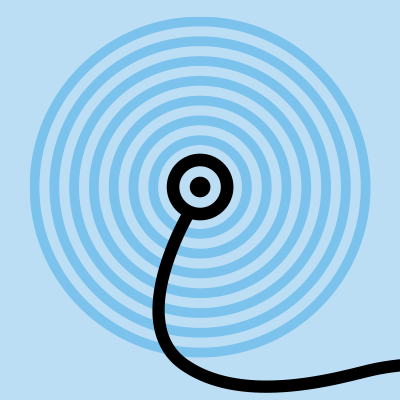 Over the 21 years of the annual Miller Lecture, the speakers have varied — from authors to physicians, from poets to economists — but all have touched on a common theme: the crucial importance humanism holds for health and medicine.
Over the 21 years of the annual Miller Lecture, the speakers have varied — from authors to physicians, from poets to economists — but all have touched on a common theme: the crucial importance humanism holds for health and medicine.
“I was in the process of laying out plans for my new book, which would become a cultural history of the treatment and healing of mental suffering, when I gave the 2017 Miller Lecture,” says renowned Hopkins psychologist Kay Redfield Jamison. “In ‘Healing the Mind: Writing Takes the Ache Away,’ I talked about the nature of being human and what it means to heal. The audience of physicians, trainees and CIM friends was engaged and had many great questions.”
Indeed, since the very first Miller lecture in 2004, hundreds have turned out each May to soak up the inspirational wisdom of speakers like Susan Magsamen, founder and executive director of the International Arts + Mind Lab, who presented, “Your Brain on Art: How the Arts Transform Us.”
“The Miller Lecture began in 2004 in the learning environment of the Department of Medicine Grand Rounds with lectures focused on clinical excellence and the holistic role physicians play in improving the lives of their patients.” – David Hellmann
“The Miller Lecture began in 2004 in the learning environment of the Department of Medicine Grand Rounds with lectures focused on clinical excellence and the holistic role physicians play in improving the lives of their patients,” explains CIM Director David Hellmann. The impactful series would not be possible, he emphasizes, without the generosity of the Miller family — the late Mr. G. Thomas Miller and Mrs. Anne G. Miller, and their daughters and sons-in-law, Mrs. Sarah Miller Coulson and the late Mr. Frank L. Coulson Jr. and Mrs. Leslie Anne Miller and Mr. Richard Brown Worley.
Hellmann himself gave a Miller Lecture in May 2020, “Bayview: Johns Hopkins’ Ode to Joy,” with insightful remarks that were enriched by a string trio of Hopkins physicians who captured Hopkins’ tripartite mission: the strand of caring (oncologist/cellist Matthias Holdhoff); the innovative strand of science (then-resident Bela Turk on viola) and the strand of justice related to health (endocrinologist/violinist Nestoras Mathioudakis).
During the musicians’ performances, which culminated in Beethoven’s stirring “Ode to Joy,” Hellmann encouraged the audience to reflect on caring, science and justice in health — and how powerful they are together in making medicine a better public trust.